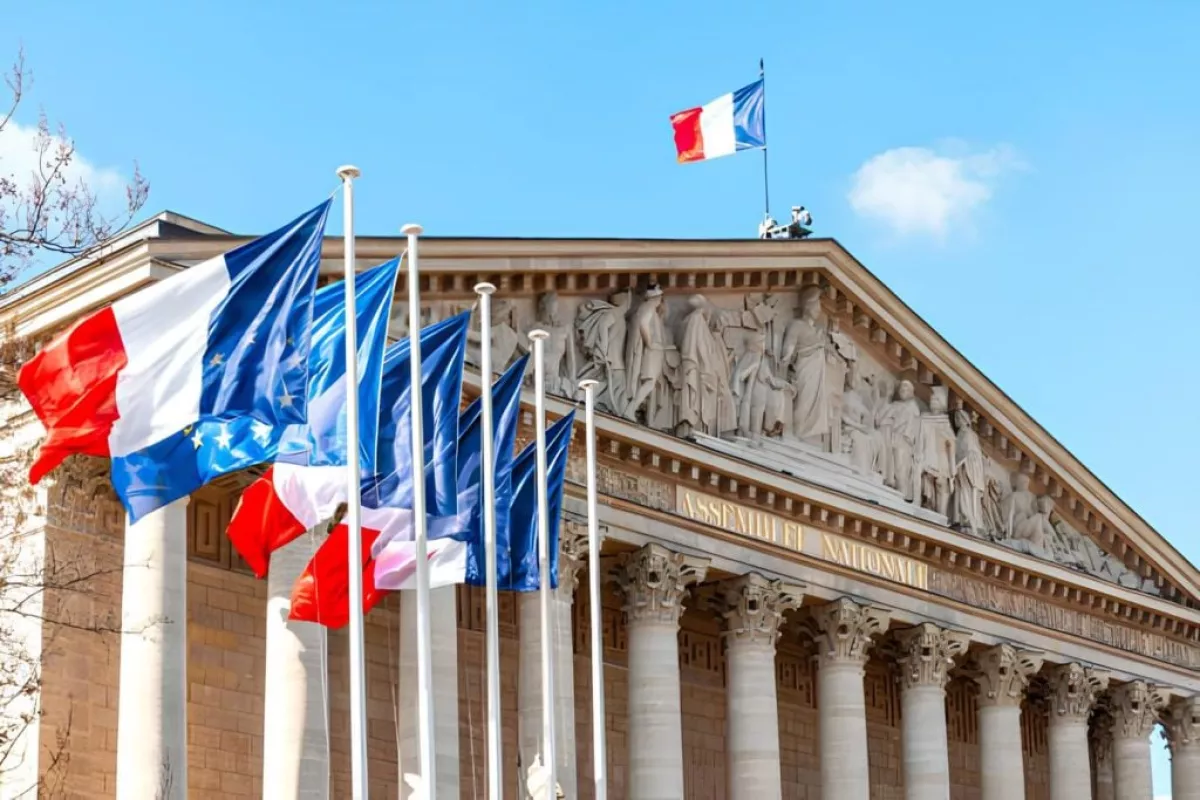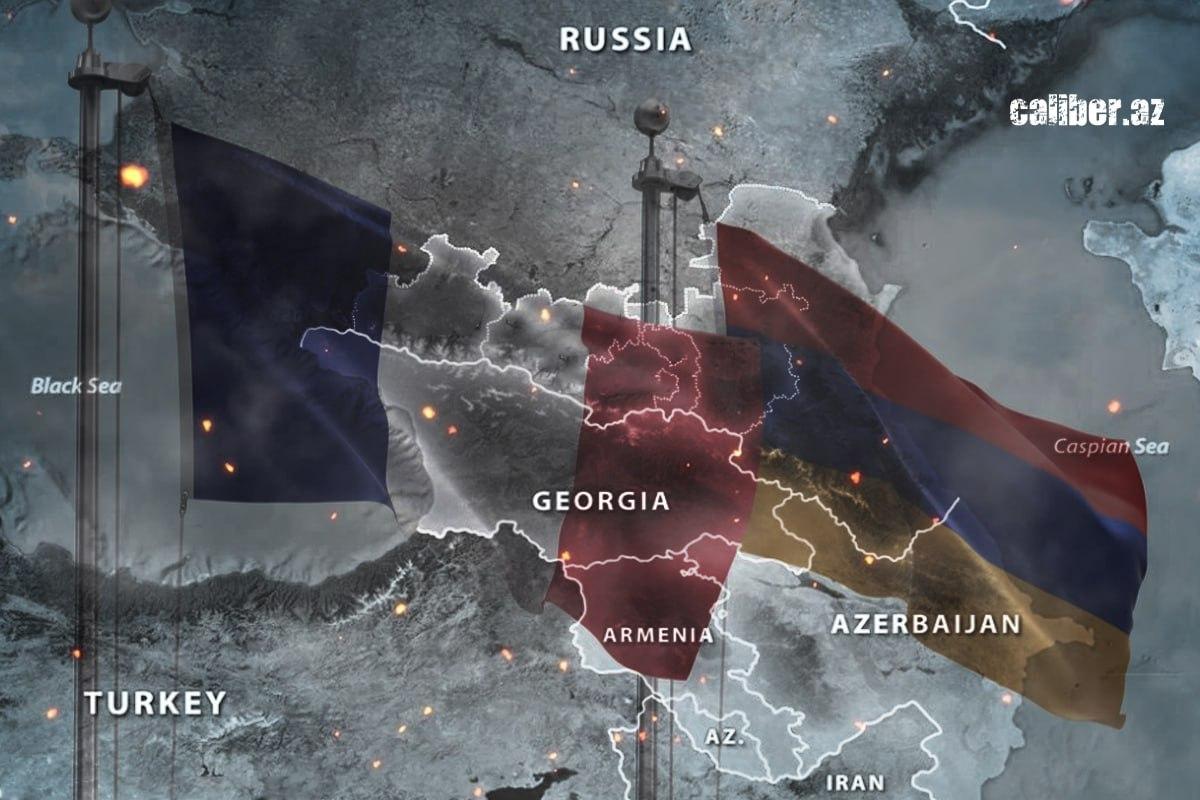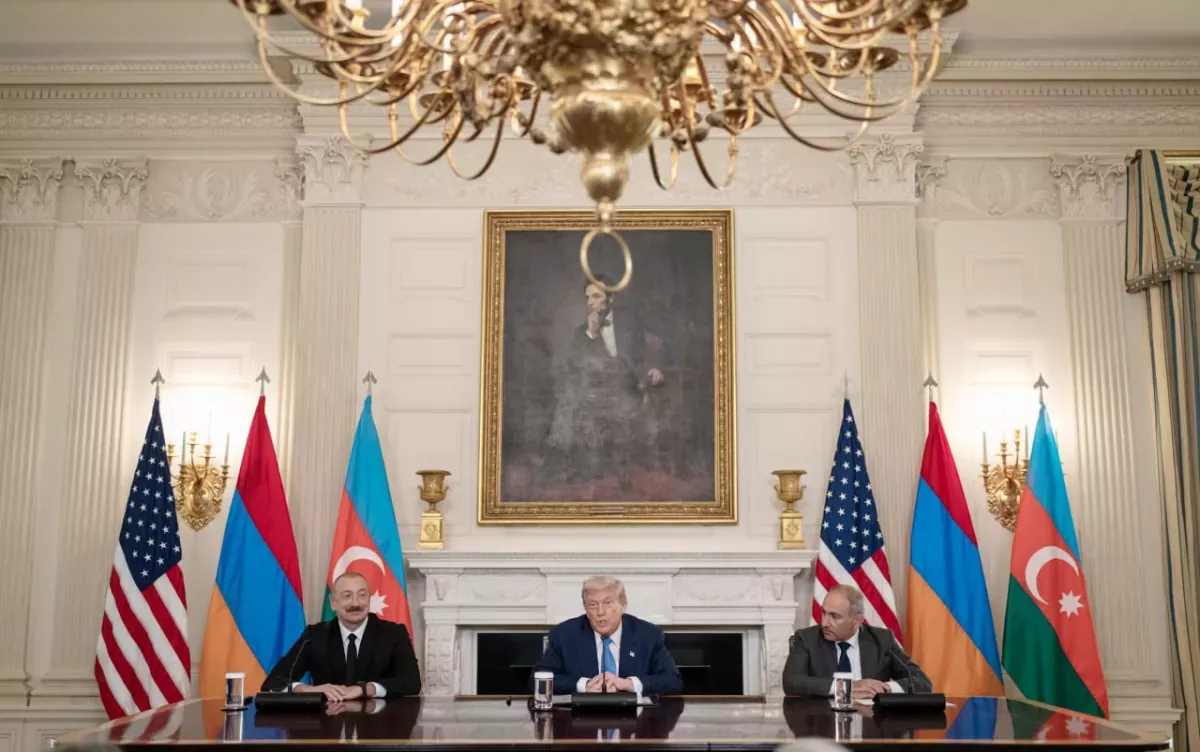France and phantoms National Assembly to host anti-Azerbaijani spectacle
The French National Assembly is preparing yet another anti-Azerbaijani spectacle, billed as a “Conference on Artsakh /Nagorno-Karabakh/: two years after the ethnic cleansing.” According to the announcement, the event will feature French and Swiss parliamentarians, members of the European Parliament, local government officials, diplomats, scholars, and journalists.
Frankly, this comes as little surprise. Yet it once again underscores a conclusion long recognised in Azerbaijan: the ranks of those bitterly opposed to the country’s victory in the Second Karabakh War are led by French parliamentarians. Such narrow-mindedness highlights the persistent inability of parts of both the French and broader European establishment to see reality clearly—a problem repeatedly demonstrated over the years.

It is enough to recall the numerous instances of “twinning” between French cities and settlements that were, at the time, under occupation. Municipal authorities in Paris, Lyon, Marseille, and other cities concluded agreements with representatives of illegal entities operating in the temporarily occupied territories of Azerbaijan. These actions were overtly provocative and aimed at legitimising the separatists.
We also have not forgotten that in 2020, the French Senate adopted a resolution supporting the so-called “independence” of the mythical entity known as “Artsakh.” While the resolution carried no legal weight, its very adoption at the highest legislative level speaks volumes: Paris disregarded international law and the resolutions of the UN Security Council.

And this came despite the fact that the 44-day war was Azerbaijan’s adequate response to the ongoing provocations by the Armenian side: the regular shelling of Azerbaijani settlements, Prime Minister Nikol Pashinyan’s statement that “Karabakh is Armenia, period,” and the deployment of sabotage groups. In July 2020, the Armenian Armed Forces attempted to attack the state border with Azerbaijan in the direction of the Tovuz district, aiming to seize Azerbaijani positions. This became the last straw that broke the camel’s back, and the Azerbaijani army launched the counter-offensive operation “Iron Fist.”
The results are well known: the defeat of the Armenian army, the liberation of the occupied Azerbaijani territories, and Pashinyan’s signing of the Trilateral Statement, which in effect marked Armenia’s capitulation.
However, despite this military-political fiasco, the Armenian authorities continued to provide political, financial, and military support to the Karabakh separatists. As a result, after a series of warnings to official Yerevan, Azerbaijan took decisive action: in September 2023, the Azerbaijani army conducted a local counter-terrorist operation, which resulted in the full restoration of the territorial integrity of the Republic of Azerbaijan. Over Khankendi, the Azerbaijani flag rose into the sky as a symbol of the return of the rightful owners of the Karabakh land.
Azerbaijan paid a tremendous price for the liberation of its ancestral lands – the lives of its sons and daughters. Yet, despite the bitterness and pain of these losses, it became the initiator of peace and shaped new realities in the South Caucasus region, which have now become a geopolitical fact. A vivid proof of this is the fact that the initialling of a peace agreement between Armenia and Azerbaijan took place in Washington in the presence of the leaders of all three countries.

But none of this will, of course, be mentioned by the organisers and participants of the provocative event at the National Assembly. Primarily because France, at all levels—including President Emmanuel Macron—has every reason to see itself as a country that lost to Azerbaijan. They aimed to keep 20% of Azerbaijan’s territory under Armenian occupation, but that did not happen. Moreover, the OSCE Minsk Group, where France was a co-chair, has already faded into irrelevance.
All that remains for the French side is to indulge in provocations such as holding a pitiful little gathering in support of Armenian “revanchists” and the former Karabakh separatists. And this is yet another mistake in the long series of errors that have reduced a once-influential and respected country to such a sorry state.
In conclusion, as a brief remark, it is worth noting that the news about the “conference” was reported by the “Artsakh Representation in France.” It seems that the very existence of such a structure on French territory could be the subject of a substantive discussion with the newly appointed ambassador of the Fifth Republic to Azerbaijan, Sophie Lagoutte. During such a meeting, it would be appropriate to make clear that Azerbaijan perceives the existence of a “representation” of separatists in France as a provocation—especially at a time when their former leaders are testifying in the Baku Military Court.








